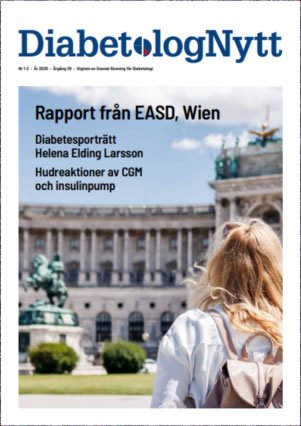In a shock, yet low-key, announcement, the sodium-glucose transporter 2 (SGLT2) inhibitor dapagliflozin (Forxiga, AstraZeneca) has been withdrawn from the market in all EU countries from the company for the indication of type 1 diabetes.
The announcement to discontinue dapagliflozin for the indication of type 1 diabetes in certain adults just two and a half years after its approval in the EU comes as a big surprise, especially as it was made with little fanfare, just last month.
In the UK, AstraZeneca sent a letter to healthcare professionals on November 2 stating that, from October 25, dapagliflozin 5 mg was ”no longer authorized” for the treatment of type 1 diabetes and ”should no longer be used” in this patient population.
Sanjoy Dutta, JDRF International vice president of research, added that the news is ”devastating.”
Speaking to Medscape Medical News, Hilary Nathan, policy & communications director at JDRF International, explained that the charity has its theories as to why dapagliflozin has been withdrawn for type 1 diabetes.
What AstraZeneca is saying, ”and what we don’t agree with them on,” is that the ”black triangle” warning that has to be put onto the drug due to the increased risk of DKA in type 1 diabetes is ”misunderstood by healthcare practitioners” outside of that specialty and that ”by having that black triangle, it will inhibit take-up in those other markets.” In other words, ”there will be less desire to prescribe it,” ventured Nathan.
She continued: ”For us, we feel that if a medicine is deemed safe and efficacious, it should not be withdrawn because of other patient constituencies.”
”We asked: ’Why can’t you do an educational awareness campaign about the black triangle?’ And the might of AstraZeneca said it would be too big a task.”
Nathan was also surprised at how the drug could be withdrawn without any warning or real explanation.
”The decision was not driven by any new safety concerns, such as the already known increased risk of DKA in type 1 diabetes compared with type 2 diabetes.”
Utdrag ur www.medscape.com
Nyhetsinfo
ww red DiabetologNytt

